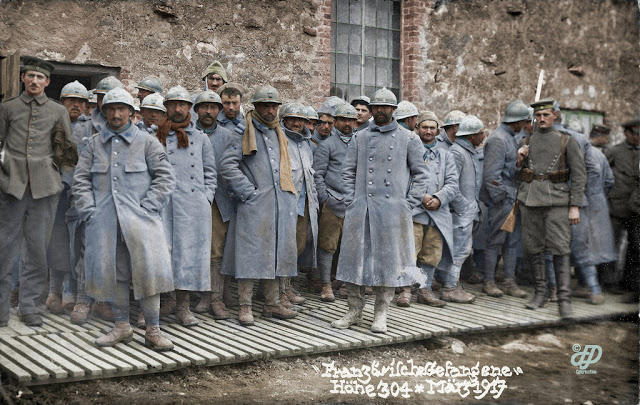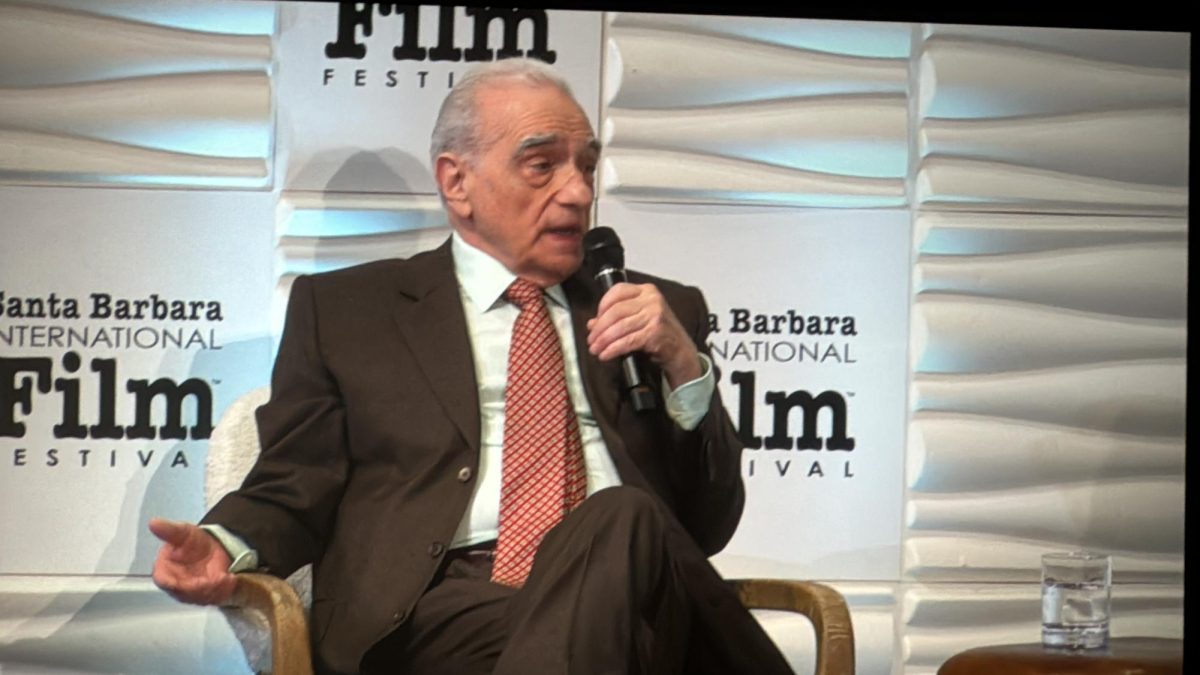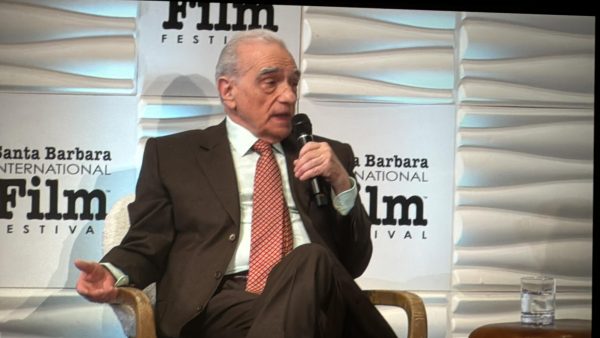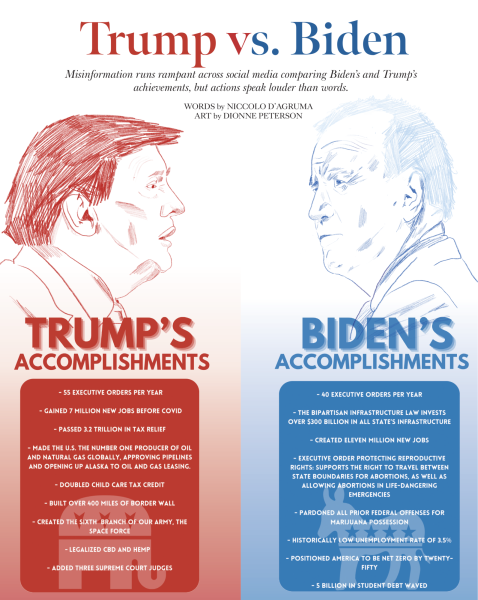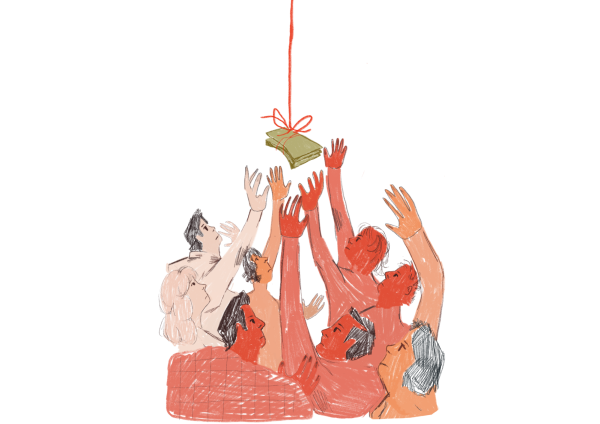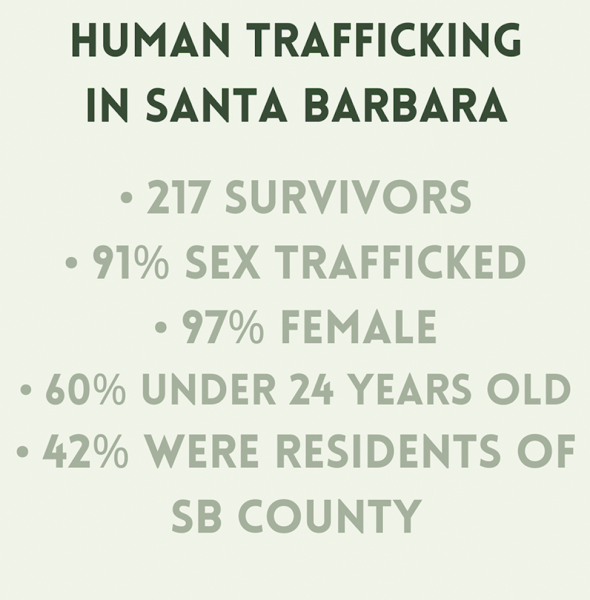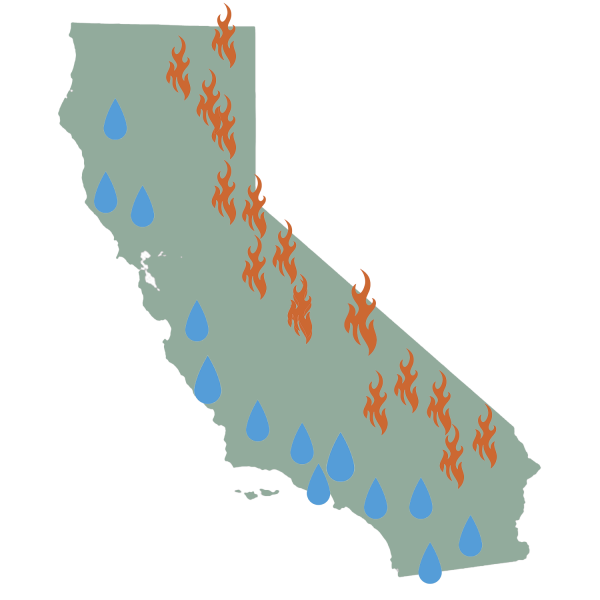WWI Players
November 12, 2019
101 years ago, the “Great War” officially came to an end. WWI is constantly argued as the war that marked the beginning of the end for Great European civilization. It ushered the introduction of ideological conflict and the emergence of fascist and communist states. Additionally, it saw the invention of multiple military technologies. Compared with WWII, however, the causes of WWI remains vague and hard to pin down. Although we usually regard nationalism and militarism as the main causes, it is still worthwhile to delve into the historical background of major players in WWI. In today’s chapter, I will talk about the German Empire and the French Third Republic.
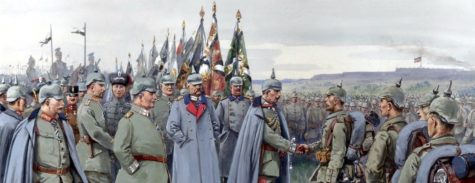
German Empire / Second Reich:
Until 1871, the territory covered by present-day Germany was embedded by numerous small, independent states that were formerly called Holy Roman Empire until 1806 and the German Federations onward. The intense hope for German unification began as the high death toll of the Thirty Years’ war in 1618 revealed the danger of a divided Germany. As the Victory over France in 1871 brought the establishment of the German Empire, the desire that had existed for more than two hundred years was fulfilled. With most Germans suddenly united in one entity, the German empire’s power rose to the front ranks in Europe. As the feelings of empowerment grew, nationalism and militarism followed. However, great insecurities still remained. Geographically, Germany was encircled by France, the Austro-Hungarian Empire, and the Russian Empire, two of which Germany has just fought wars with. Despite its long coastlines, it was still fairly easy for Britain to blockade German access to the open sea. Most importantly, Germany found itself late to the “scramble party”. Most of Africa and Asia were carved up by Britain and France. Russia and Austro-Hungary were encroaching numerous small Eastern European ethnic areas as well as some of the Ottoman territories. In short, Germany was the only European power that had little to no room for expansion. As a heavily industrialized nation, lack of colonies and spheres of influence meant a lack of raw material and market. Those insecurities, combined with a sense of empowerment, can serve as an evaluation of the situation regarding Pre-WWI Germany.
France Third Republic:
France and Britain benefited the most from the status-quo order before WWI, but it has not always been this way. From the late 1700s to the mid-1800s, France was constantly disrupted by warfare, revolution, regime change, and reforms. The vivid memory of the legends of Napoleon established a sharp contrast with the internal disturbances France suffered in 1830 and 1848. T The Crimean war of 1853, and war with Austria in 1859, and the war with Prussia in 1870 could all be seen as a French ruler’s effort to gain dominating power in Europe because France played a major role in provoking those three wars. Unfortunately, French people’s pride became sharply contrasted with French military embarrassments. The 1870 war with Prussia especially resulted in the hostility between the German empire and France for the next 40 years to come.



